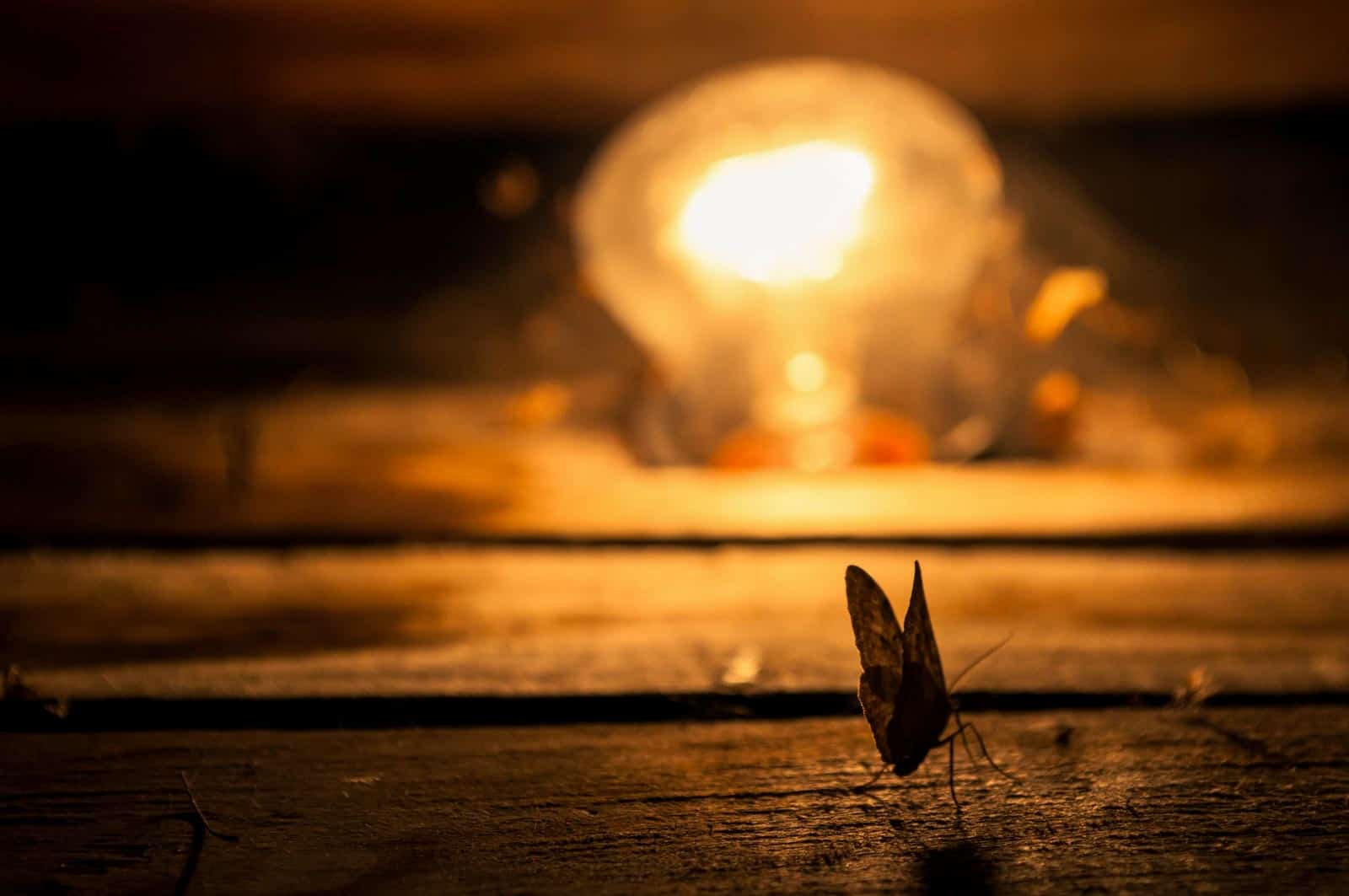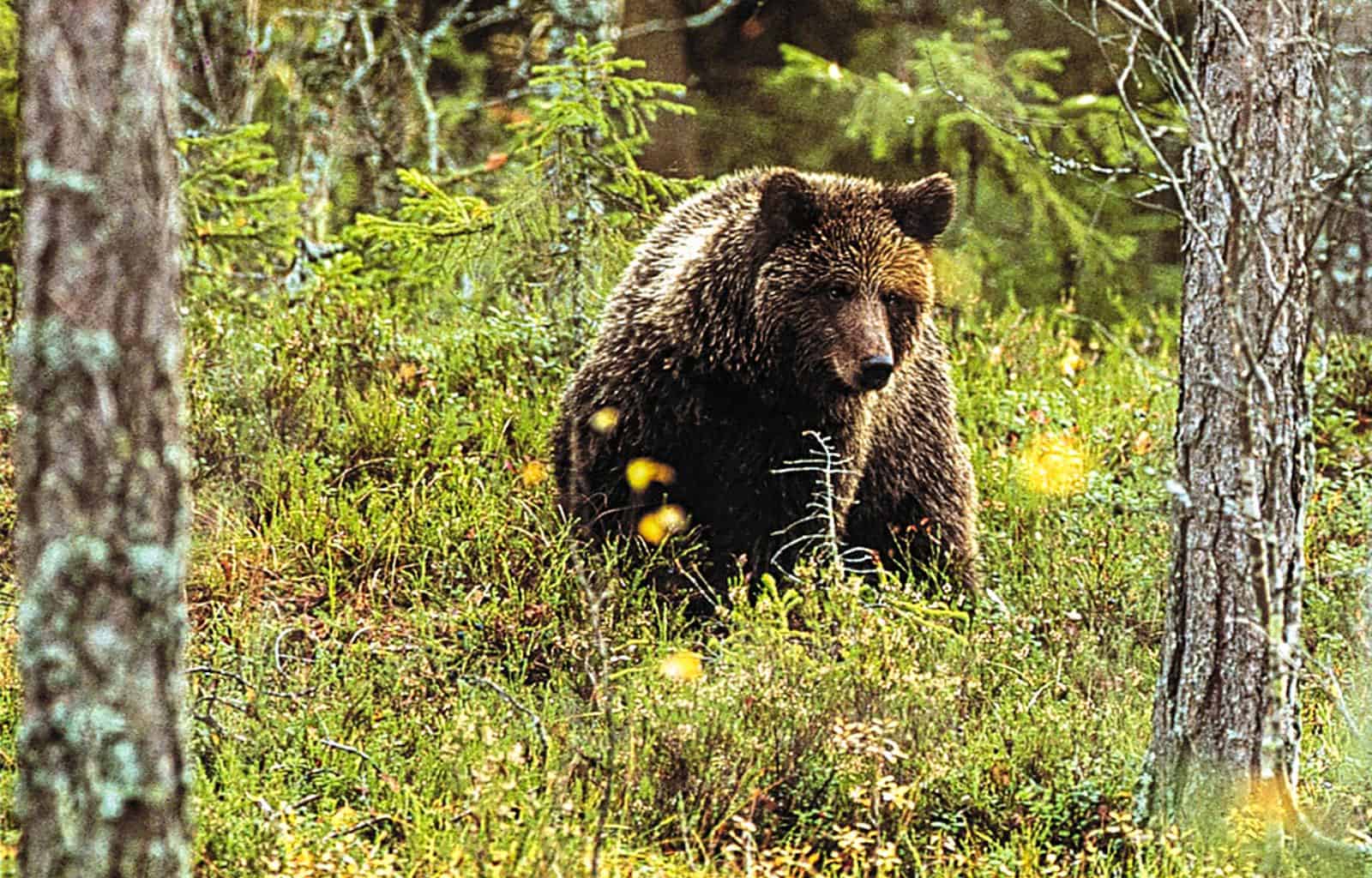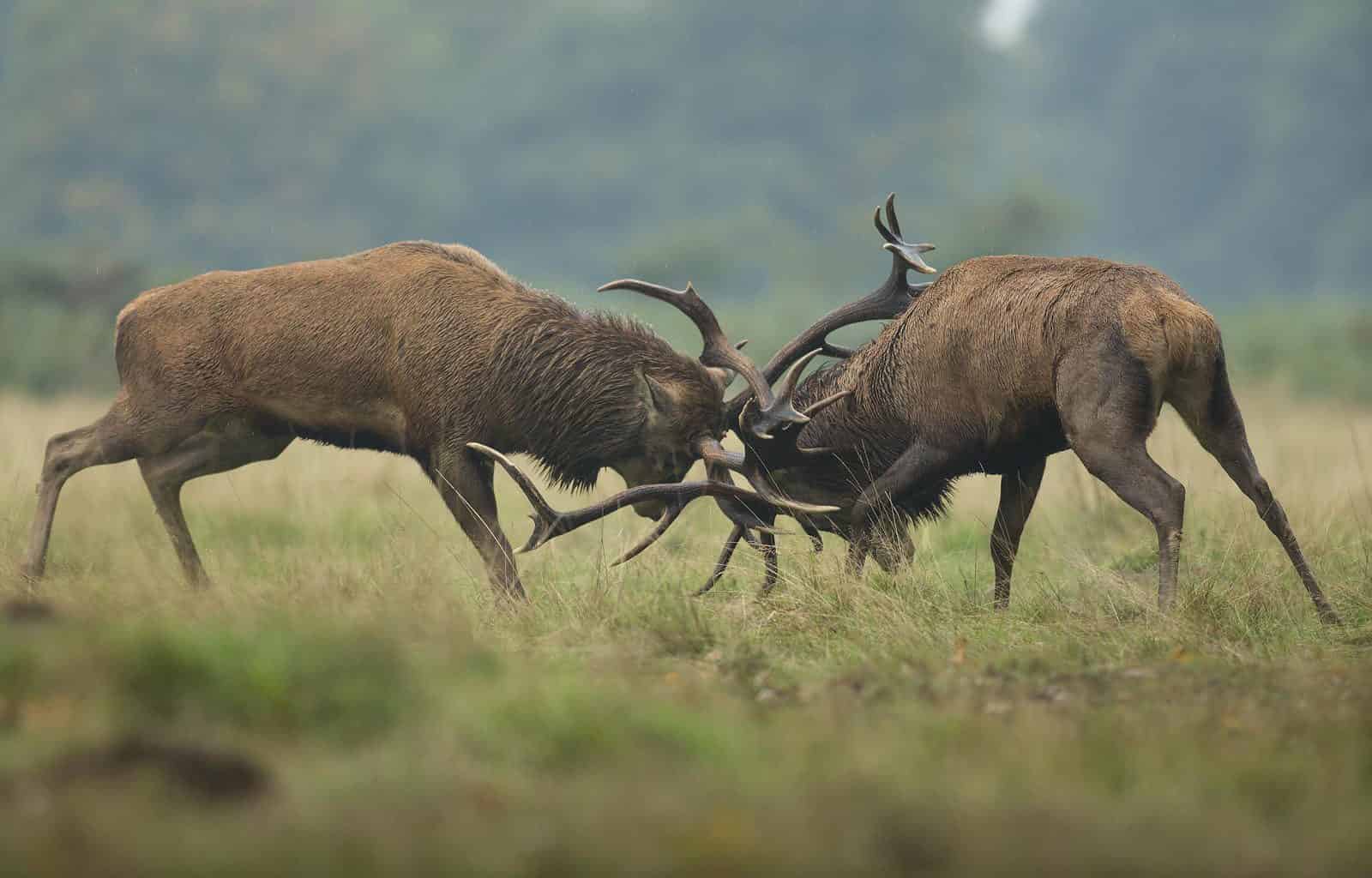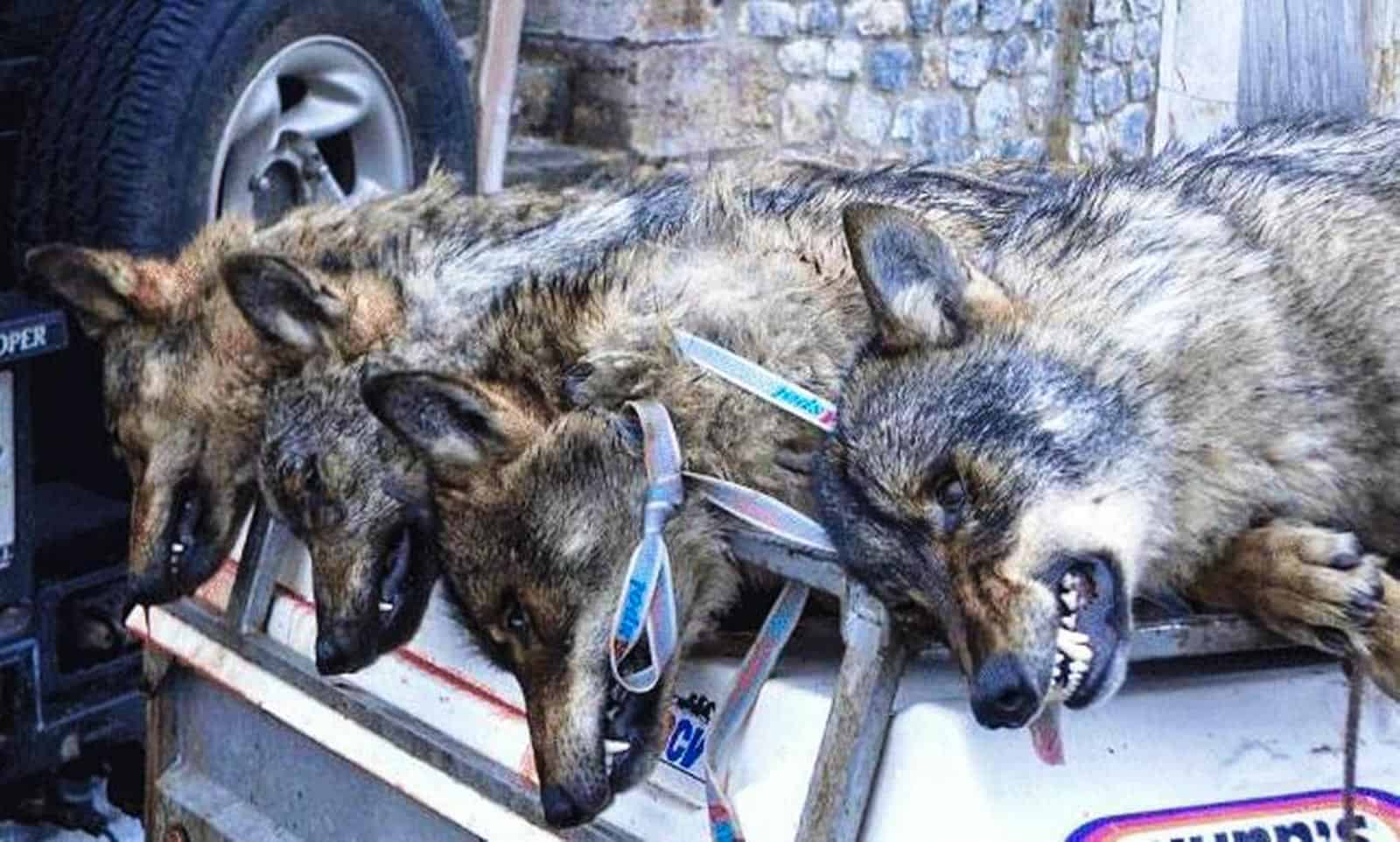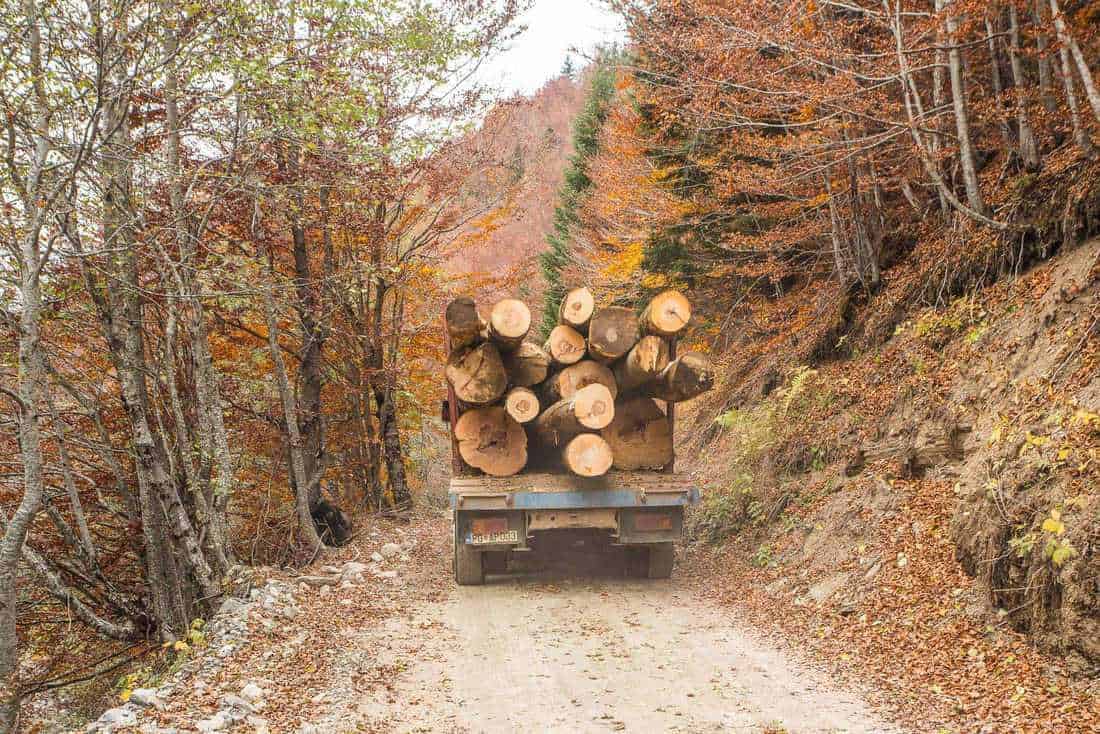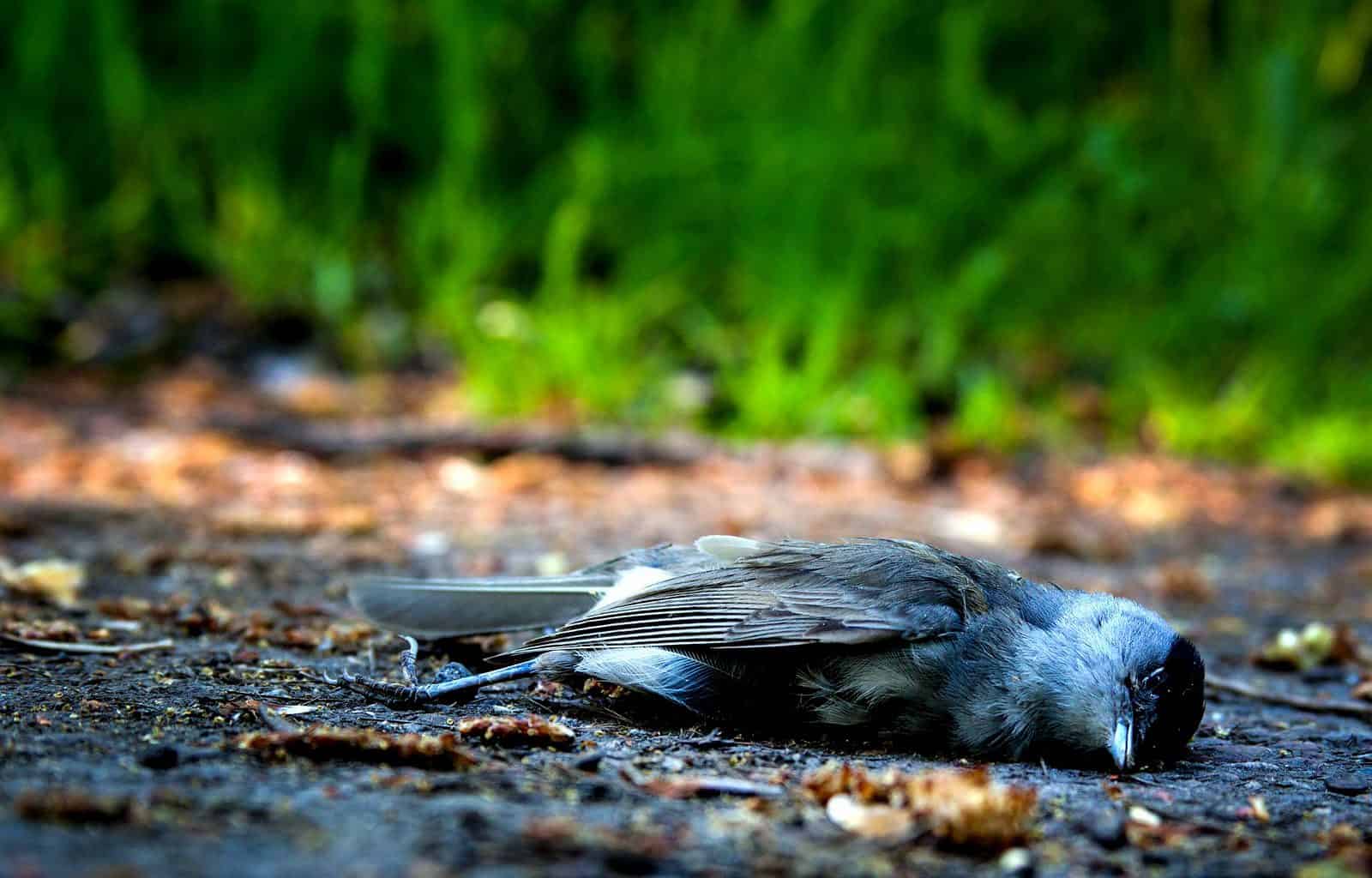A matter of perspective
It has been eight weeks since the corona crisis has really hit Europe. On 9th March, Italy entered a national quarantine. Within two weeks, most other European countries followed. And so did the world. Countries from Australia to Turkey, the US to Argentina and South Africa to Morocco went into lockdown. While it seems that the world has been standing still since March, discussions certainly have not. A break from the stressful world and being trapped inside for weeks gives room to new perspectives.
Within these weeks, the corona crisis has been examined and discussed from all sides. For many, this crisis is a chance to finally change issues that we have not tackled for years or decades. Other think that this crisis will overshadow all other issues for months or years to come. So what does this crisis mean for environmental issues – or not mean?
Return of nature or change of perspective?
As soon as cities turned into empty ghost towns, people saw – or wanted to see – the return of wildlife. Stories of fish in Venice, monkeys in Thailand, goats in the UK, deer in Japan and wild turkeys in the US all made their way around the globe. People see wildlife in places, where they normally see other people. For optimists, that was the first sign that this crisis can be a release for nature. From a negative perspective, it shows that people normally just do not pay attention to their surroudings.
The second wave of news were drops in air pollution around the world. Once again, optimists emphasized that this might save more lives than COVID-19 takes. Pessimists saw proof that the only way to achieve quick change is to lock people down.
The search for a scapegoat
Another debate was the origin of the virus. While it is still not confirmed, the world seems to agree that so called ‘wet markets‘, markets where vendors sell wild animals alive, are to blame. Many campaigned against them and China reacted by temporarily banning them. But it did not take long until opponents with another perspective responded that this is not the solution. The livelihood and food supply of millions depend on these markets. And shutting them down will not stop illegal wildlife trade.
Personal perspectives
The most direct effect of the crisis for many is that they have to live, work and learn at home. The new situation made some people realize that commuting to work or travelling to meetings is often a waste of time and can easily be replaced by a video conference. Others realized how important human contact, a separate work place and regular schedule are for them. They might suffer from loneliness and stress and often want nothing more than to go back to normal.
Headstart or obstacle?
A big topic that followed on the heel of the lockdowns is the economic impact. Naturally, the lockdowns harm the economy and governments must react by handing out financial aids, around € 8 trillion worldwide so far. From the perspective of many politicians, a ‘back to normal’ is the objective. Others see this as an opportunity to reform the economy in a sustainable way. The US shows that the opposite can also be true. Their government uses the current crisis as an excuse to loosen environmental regulations and take away money from conservation.
Ambigious are also the impacts on different sectors of the economy. The oil consumption has dropped as much as never before – in part because it was higher than ever before the crisis. Airlines are struggling as never before, too. These two sectors are responsible for a large share of the greenhouse gas emissions. They are also some of the most important lobbyists against climate legislation. Their demise could actually bring long-term change. Or cheap prices lead to an explosion of flights and oil consumption as soon as it is possible again.
Parallels to the climate crisis
A topic that the corona and the climate crisis share is justice. In many communities, we have seen a rise of solidarity and commitment. Many neglected professions now get the respect they deserve. On the other hand, international cooperation and solidarity was thrown out of the window as soon as countries saw a threat for themselves. Borders were closed, medical equipment was stockpiled and national solo efforts were taken in the European Union, the role model in cooperation. So, from some people´s perspective, the crisis showed that we can grow together in times of crisis. For others, it once again proved that we only care about problems on our own door step.
The crisis also showcased a problem that is essential in the climate crisis – fake news. As soon as the magnitude of the pandemic became clear, politicians and societies around the globe listened to the experts and followed their advice. The same loud voices that also deny climate science became very quite for a while. However, once the first state of shock was over, fake news about Covid-19 started spreading. Conspiracy theorists, right-wing media and populists propagate lies just like they do about the climate crisis.
Real change or a straw fire?
A big issue in this discussion is the so-called rebound effect. It was clear that less industrial production, less traffic and less air travel will reduce air pollution, CO2 emissions and nature exploitation temporarily. The question is what will happen long term. The population in and around natural areas often relies on tourism and sustainable wildlife trade for their livelihoods. If these sources of income diminish, they might revert to poaching and illegal logging.
The same goes for greenhouse gas emissions. During the financial crisis of 2008, emissions dropped due to a receding economy. In 2010 however, when the economy had recovered and grew faster than before the crisis, so did emissions. Accordingly, the crisis did not have a significant impact on emissions in the long run.
Perspectives, not outcomes
All of this shows that events and discussions are often just a welcome opportunity to confirm our own perspective. Some people see this crisis as a chance to turn everything, that is going wrong in our world, around. Others already gave up on a better world. For now, it is too early to see any outcomes of this crisis. We are still in its beginning.
What is your perspective on these topics?

